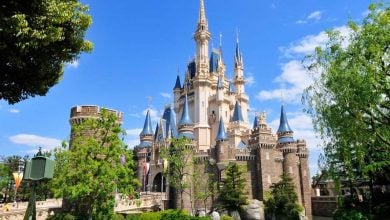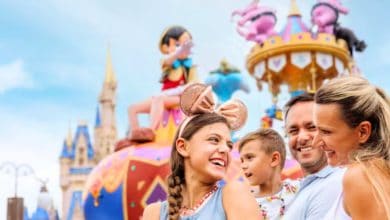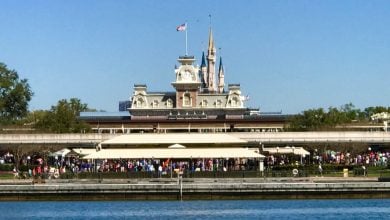The Wizarding World of Harry Potter has long been considered one of Universal’s crown jewels. Since its debut at Islands of Adventure in 2010, the meticulously crafted land has been credited with reshaping the theme park industry, setting new standards for immersive design and guest spending. For more than a decade, it has driven record attendance at Universal parks in Florida, Hollywood, and Japan.
Its success seemed like a sure thing. Fans across the globe embraced Hogsmeade and Diagon Alley, flocking to sip Butterbeer, browse Ollivanders, and ride through the halls of Hogwarts on Harry Potter and the Forbidden Journey. Replicating that success in new markets appeared to be a winning formula — until recently.
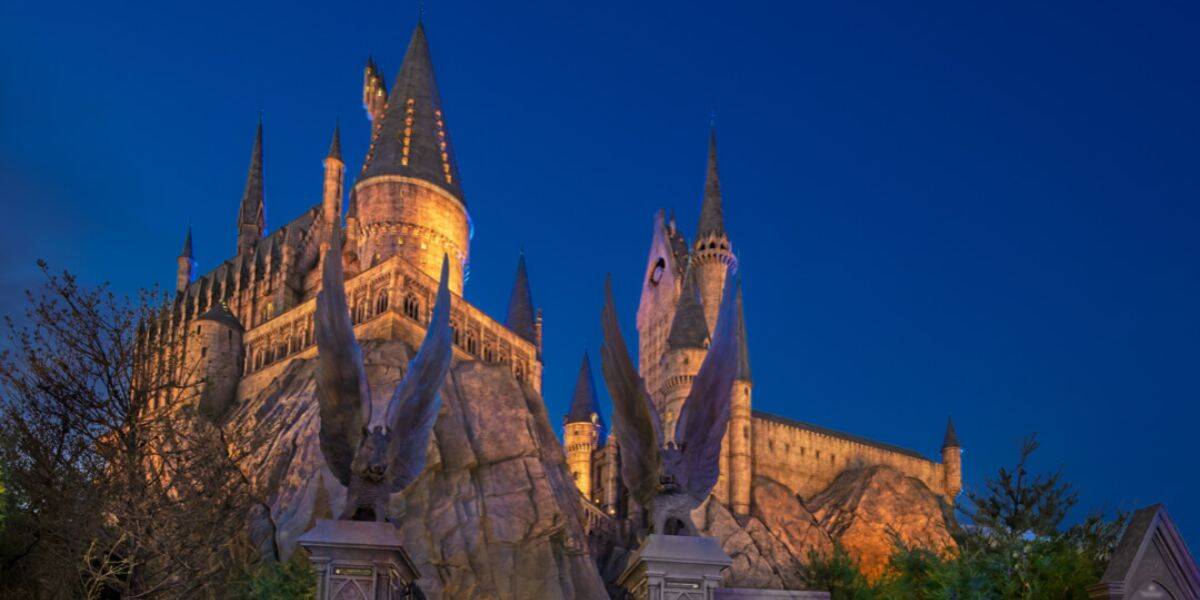
RELATED: Spine Crushed at Universal ‘Harry Potter’ Ride, Sparking Multi-Million Dollar Fallout
A new report suggests that Harry Potter is not the guaranteed moneymaker Universal once believed. One of the company’s newest theme parks is facing steep financial losses, with analysts pointing directly to its high-profile Harry Potter land as part of the problem.
‘Harry Potter’ Fails To Cast Spell at One Universal Theme Park
According to CAC News, Universal Studios Beijing has lost 3 billion yuan — roughly $421 million — since its opening in 2021. The park’s first year was disrupted by COVID-19 closures, but insiders argue that deeper issues have kept attendance and spending below expectations.
Two of the park’s headline attractions — The Wizarding World of Harry Potter – Hogsmeade and Transformers Metrobase — are reportedly “critically acclaimed but not commercially successful” in China. Despite being the centerpiece of Universal’s investment, both lands have struggled to capture the same cultural resonance that propelled them to success in the U.S. and Japan.

RELATED: Universal Studios Resort Issues Ban on Photographers
The Beijing park, which cost 46 billion yuan to build, features seven themed areas, including Jurassic World, Minion Land, Kung Fu Panda Land of Awesomeness, and WaterWorld. Yet it is Harry Potter, once considered a surefire hit, that has become a focal point in discussions about the park’s underperformance.
A Stark Contrast With Disney
Universal’s difficulties are magnified by the contrasting success of Shanghai Disneyland.
Opened in 2016, the Disney park was carefully designed to integrate cultural details and local traditions. Chief Executive Bob Iger called it “authentically Disney and distinctly Chinese,” with CAC News pointing to Marvel superheroes speaking in dialect, seasonal celebrations aligned with Chinese festivals, and Mickey Mouse dressed in a Tang suit as evidence of its efforts.

By contrast, Universal Studios Beijing has been criticized for failing to localize.
The Wizarding World feels distinctly British, Transformers dialogue contains no Chinese puns, and the park map is dominated by English. As one visitor told CAC News, “I came for Harry Potter, but even a glass of Butterbeer in the park doesn’t taste like London.”
Finding a Way Forward at Universal Studios Beijing
Analysts suggest urgent steps are needed to turn the situation around. CAC News has floated ideas such as introducing references to a “Chinese-style academy” in the Wizarding World, integrating more regional food and décor into seasonal overlays, and tailoring merchandise to local tastes.
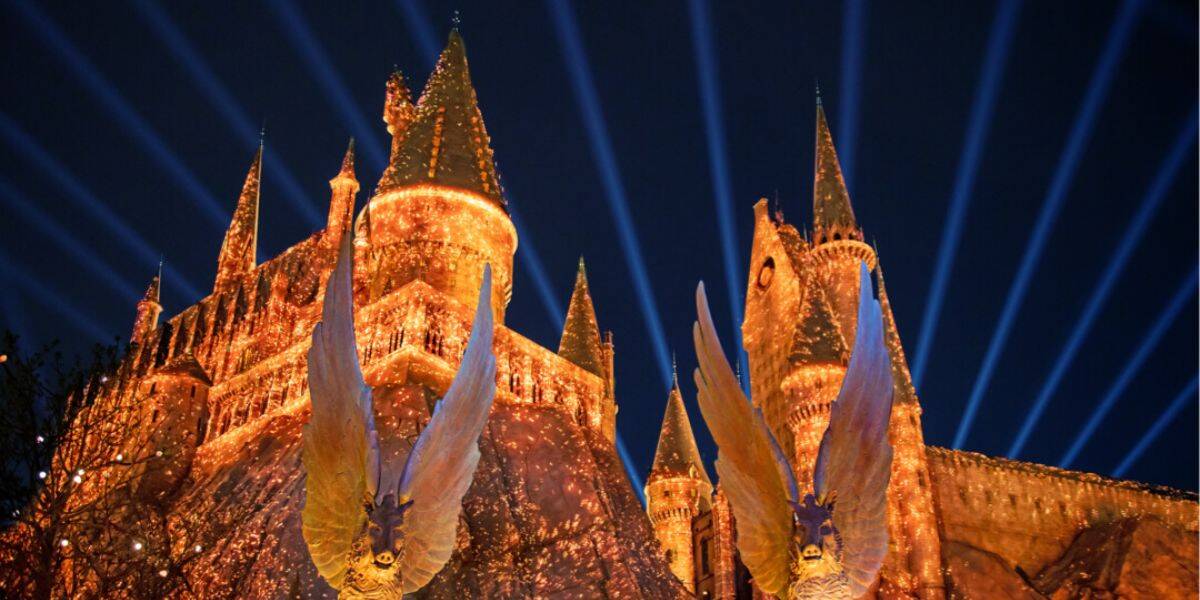
RELATED: Wild Guest Understanding Goes Viral at Universal Studios
Universal Studios Japan has proven that cultural adaptation can drive attendance, with cherry blossom décor, seasonal menus, and limited-time merchandise resonating strongly with guests. Similar strategies in Beijing — paired with interactive role-playing experiences or live-action games for younger audiences — could help the park regain its footing.
The Wizarding World may have rewritten the playbook for theme parks, but its uneven performance shows that global IP alone is not enough. Without urgent adaptation, Universal’s investment risks losing even more of its magic.
Have you ever experienced Universal Studios Beijing?

